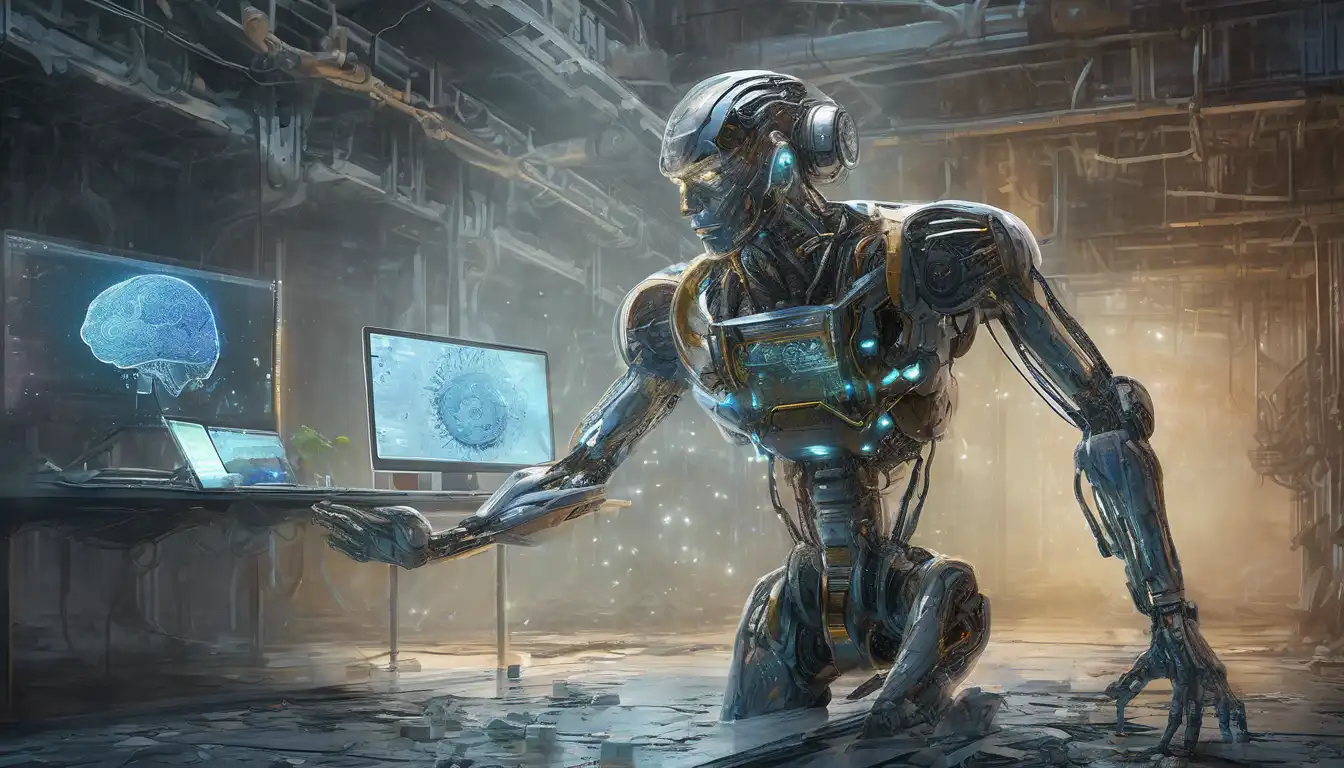Introduction to Artificial Intelligence
Artificial Intelligence (AI) has become a cornerstone of modern technology, influencing everything from how we interact with our smartphones to the way businesses operate. Despite its widespread application, there are numerous myths surrounding AI that often cloud the public's understanding of its capabilities and limitations. This article aims to separate fact from fiction, providing a clear-eyed view of what AI truly is and what it can do.
Myth 1: AI Can Think and Feel Like Humans
One of the most pervasive myths about AI is that it possesses consciousness or emotions akin to humans. In reality, AI operates based on algorithms and data inputs. It can simulate aspects of human thought processes, such as learning from data (machine learning) or making decisions, but it does not experience feelings or possess self-awareness.
Myth 2: AI Will Replace All Human Jobs
While AI is transforming the job market by automating routine tasks, the idea that it will render human workers obsolete is exaggerated. AI is more likely to augment human capabilities rather than replace them entirely. For example, in healthcare, AI can assist doctors by analyzing medical images, but the final diagnosis and patient care remain in human hands.
Myth 3: AI Is Infallible
Another common misconception is that AI is free from errors. However, AI systems are only as good as the data they're trained on. Biases in data can lead to skewed outcomes, and without proper oversight, AI can make mistakes. It's crucial to maintain human oversight to ensure AI systems function as intended.
The Reality of AI
Understanding the reality of AI is essential for leveraging its potential responsibly. AI is a tool that, when used correctly, can solve complex problems, enhance efficiency, and open new avenues for innovation. However, it's not a magic solution but a technology that requires careful implementation and ethical considerations.
AI's Role in Enhancing Human Creativity
Far from stifling creativity, AI can serve as a collaborator, offering new tools and perspectives that enhance human creativity. For instance, AI in design can generate countless variations of a concept, allowing designers to explore options they might not have considered otherwise.
The Importance of Ethical AI
As AI becomes more integrated into our lives, the importance of developing and deploying it ethically cannot be overstated. This includes ensuring privacy, preventing bias, and making AI decisions transparent and accountable.
Conclusion
Artificial Intelligence is a powerful technology that's reshaping our world, but it's surrounded by myths that often distort its reality. By debunking these misconceptions, we can better understand AI's true potential and limitations. As we move forward, the focus should be on harnessing AI's capabilities responsibly, ensuring it benefits society as a whole.
For more insights into how AI is transforming industries, check out our articles on Machine Learning in Business and The Future of AI.
